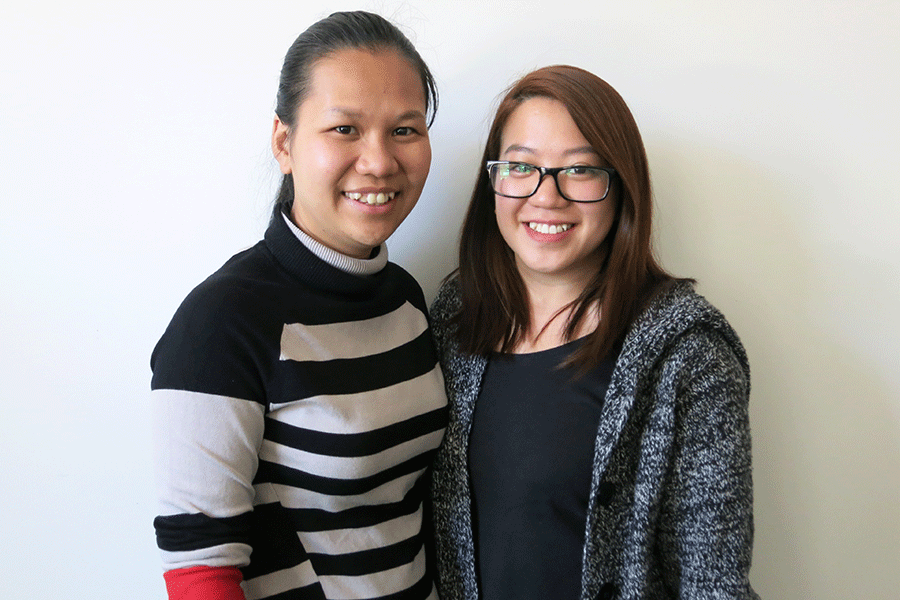The role of peer education in preventing BBV and STI transmission

By Angelica Ruiz, Communications Intern
Raising awareness on sexually transmissible infections (STIs) and blood borne viruses (BBVs) is imperative in improving the health education of migrant and refugee communities.
Here at the Centre of Culture, Ethnicity and Health, we run the peer education program which helps us spread important health messages in refugee and migrant communities.
We recognise that there are challenges in communicating health information to communities. This is partly due to different levels of health literacy, cultural practices, and stigma, as well as the varying English proficiency.
Through our Peer Education Program, peer educators are trained to build their skills and knowledge about sexual health issues and blood-borne viruses.
This helps with communication and trust as they are of a similar age, gender, experience and cultural background. Peer educators are able to better relate to their community by not only having an understanding of the culture but an understanding of the unique experiences back in their home country, and in some cases, the refugee journey to Australia.
As well as spreading awareness, peer educators are given the opportunity to develop communication skills and help in their communities.
In 2015, we ran the peer education program with the Vietnamese community.
Hong An Nguyen, one of our peer educators, discussed with us what she took away from the experience.
She noted an improvement in her “communication skills and active listening skills” and being able to contribute “to the local community to provide information about blood borne viruses and sexually transmissible infections” presenting the information about BBVs/STIs “in a culturally sensitive way”.
As a nursing student, Hong An found it not only a positive experience for her community but for herself as she was able to learn about “team work, how to organise information and how to receive and share the information with the group in different ways.”
Migrant and refugee communities benefit from programs which take in to account not only their linguistic diversity but also cultural and personal backgrounds.
Hong An states that “participants contributed to the discussions and asked very many questions. They appeared to have a deep understanding of the topics after the sessions.” She also saw a willingness to share the information that they learnt.
“Personally, the peer education program was a great idea for me to share the information with peers who are the same age as me and from Vietnamese background.”
Related Information
The Arthur Kleinman Explanatory Model
This model was first proposed by Arthur Kleinman, who developed a set of eight questions to ask a client to learn more about their explanatory model to provide better patient-centered care.
Addressing challenges to work cross culturally; new cultural competence bundles
When there are gaps in cultural awareness and language, there are more misunderstandings, biases and sometimes compromised health outcomes. The good news is that there is so much we can do to be more prepared.
Reflect and and reset for 2024
Have you set your goals for 2024? Time is often the greatest barrier to reflection, so while the pace is a little slower as we enter the new year, it’s the perfect opportunity to reflect and set our goals for the months ahead.
Working with interpreters: troubleshooting and trust-building
Building relationships with clients can be a delicate task. Trust is integral to effectively carrying out our work professionally, but what happens when we bring an interpreter into the scenario? Find out in this article.

Let us inform you about our EVENTS & NEWS?
